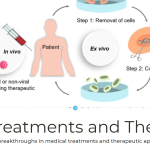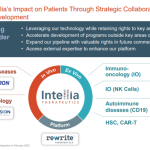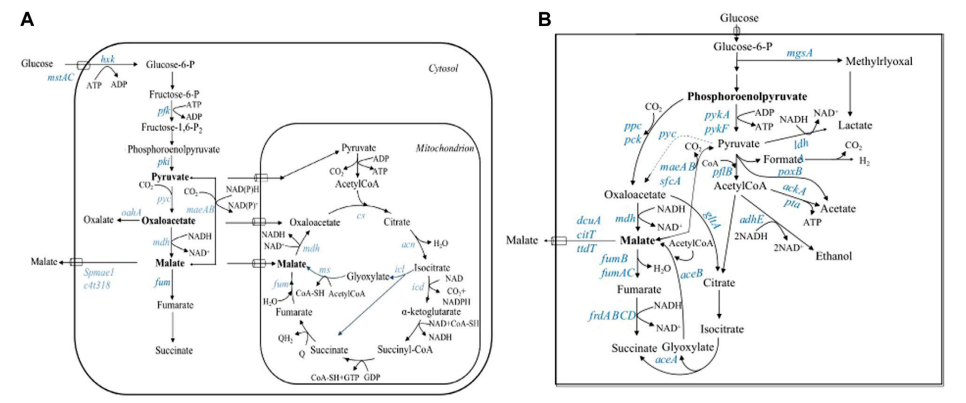Recently, Tosin Thompson published a news article on Nature titled “How CRISPR gene editing could help treat Alzheimer’s”.

Alzheimer’s disease is the most common form of dementia, affecting over 55 million people worldwide. It is expected that this number will nearly double by 2050. Most research on Alzheimer’s disease is driven by the amyloid protein hypothesis, which suggests that, β- The accumulation of amyloid protein in the brain ultimately forms clumps called plaques, which are the main cause of this disease. Amyloid plaques trigger another brain protein called tau to aggregate and spread within neurons. Antibody drugs aducanumab and lecanemab target amyloid protein, although both drugs have been approved by the US Food and Drug Administration, concerns about their safety and efficacy still exist.
Last month, the CRISPR-Cas9 gene editing tool was first approved for gene therapy in the treatment of sickle cell disease β Researchers believe that this strategy may also be used to treat blood diseases such as thalassemia. “CRISPR therapy has the potential to become a permanent treatment,” said Subhojit Roy, a neuroscientist at the University of California, San Diego
A gene associated with delayed onset Alzheimer’s disease is apolipoprotein E (APOE), which encodes a lipid transporter protein that affects neuronal uptake of tau protein. People carrying the APOE4 gene mutation have the highest risk of developing Alzheimer’s disease. A variant of APOE4, Christchurch, was discovered in a asymptomatic woman who inherited Alzheimer’s disease. Researchers speculate that this variant can prevent Alzheimer’s disease. By using the CRISPR system to insert the Christchurch variant into mice carrying APOE4, mice carrying an APOE4 Christchurch variant can indeed partially prevent Alzheimer’s disease.
Presenilin-1 (PS1) is involved in the production of a protein β The enzyme that generates amyloid protein is crucial, so researchers have used the CRISPR tool to disrupt the PSEN1 gene (encoding PS1) to treat and intervene in Alzheimer’s disease.
There are currently no clinical trials using any type of CRISPR technology in the brain – the first step is to lay the foundation and find which gene editing system is most suitable for use in the human brain. In addition, the high cost of treatment may bring further challenges.
Related Products
| Category | Subcategory | Product Name | Catalog Number | Price |
|---|---|---|---|---|
| Genome Editing | CRISPR Tools | Cas9-NLS | GE0001 | Online Inquiry |
| Genome Editing | CRISPR Tools | CD® Cas12a | GE0002 | Online Inquiry |
| Genome Editing | CRISPR Tools | CD® Cas9 Nickase | GE0003 | Online Inquiry |
| Genome Editing | CRISPR Tools | CD® Cas9 Nuclease | GE0004 | Online Inquiry |
| Genome Editing | CRISPR Tools | CRISPR Nuclease mRNA | GE0005 | Online Inquiry |
| Genome Editing | CRISPR Tools | gRNA Synthesis Kit | GE0006 | Online Inquiry |
| Genome Editing | CRISPR Tools | Monarch RNA Cleanup Kit | GE0007 | Online Inquiry |
| Genome Editing | CRISPR Tools | sgRNA Synthesis Kit | GE0008 | Online Inquiry |
| Genome Editing | CRISPR Tools | SNAP-tagged dCas9 | GE0009 | Online Inquiry |
| Genome Editing | CRISPR Tools | Staphylococcus aureus Cas9 | GE0010 | Online Inquiry |
| Genome Editing | Gene Assembly | High-Fidelity DNA Assembly Master Mix | GE0012 | Online Inquiry |
| Genome Editing | Genome Editing Detection Tools | Genomic Cleavage Detection Kit | GE0013 | Online Inquiry |









